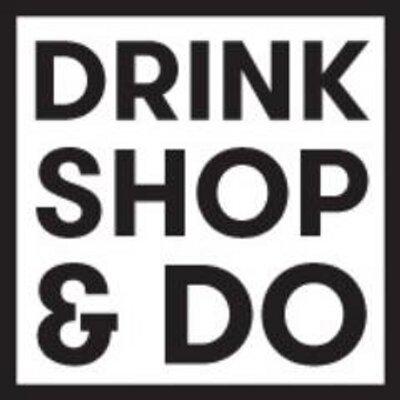As we await the near-weekly news of another household-name department store in dire straits, new figures underline the trouble of holding a physical store in 2019, with Altas Group predicting the loss of 175,000 High Street jobs this year. In Burslem, Stoke, one in three High Street stores now lies abandoned and boarded up. Similar ‘ghost town’ figures are reported in Newport, Wales, and in Dewsbury, West Yorkshire.
So, is the physical store a thing of the past? Is the cost of having a high street presence simply too big a price to pay for new business owners? Is setting up online the best and safest bet? Or, is there still a way to not only survive on the high street but thrive?
To answer those questions – we asked the real experts out there – people who are running their own successful business, or those operating at a senior level within others. Today – four businesses who say that your best chance of success is through an online-only approach.
“I hope to see Oxford Street completely residential one day.”
Irina Bragin runs Made of Carpet, a small independent fashion brand. She started the business with just £10,000 eight years ago and has a current annual turnover of around £100,000.
“I had the advantage when starting our of being a professional Graphic Designer, while my husband is an IT engineer and I have not therefore needed to spend money on design and web-development on my business. I am also a huge advocate of online shopping and I sincerely hope to see Oxford Street completely residential one day.
“At some point in my first couple of years, listening to ‘experts’, I lost a lot of money (over £50,000) exhibiting at fashion trade exhibitions in London and Paris. Instead of spending tonnes of money trying to find wholesale buyers for your goods, go online and sell them retail – straight to the end-consumer.
“If you open your goods up to buyers on Amazon, Etsy, eBay etc., then promoting on these marketplaces, Google and all over social media then you will sell for RETAIL prices: 2.5-3 times higher than wholesale.
“There are plenty of other reasons why it is better to be online than a brick-and-mortar business, including commercial rates, employment law, additional expenses etc. I know three people personally who lost, or nearly lost, their brick-and-mortar businesses because they did not have a strong online presence.”

“For most retailers, online is where it’s at.”
Prezzybox is a UK-based major online gift retailer, set up in 2000. Today it turns over millions each year, and has a strong online presence – with over 42,000 Twitter followers, for example. Zak Edwards is their Managing Director.
“For some businesses, it helps to have a high street presence – for example, a specialist cheese shop – as there sale is so much more experiential. There’s also the advantage of immediate footfall. The disadvantage is obviously the cost of the premises and the fact that your customer reach is limited to your locality.
“For most retailers, however, online is where it’s at. Set-up costs are a lot lower, whereas overall reach is much higher. You’re also open 24 hours a day, 7 days a week which is a massive advantage. It’s great going home at 6pm to come back the next day to a mountain of orders which have automatically been processed. You’re not governed by physical space either. You have a virtual showroom where you can sell thousands of products – especially if you utilise manufacturers who offer drop ship services.
“Finally, online marketing is a massive advantage. There’s a raft of free marketing tools which you can take advantage of which can really help drive traffic to your business – for example Google organic listings, Social marketing, newsletter marketing etc, which really help to drive sales. Again, if you’re purely a high street brand it’s more difficult to monetise online marketing efforts.”














